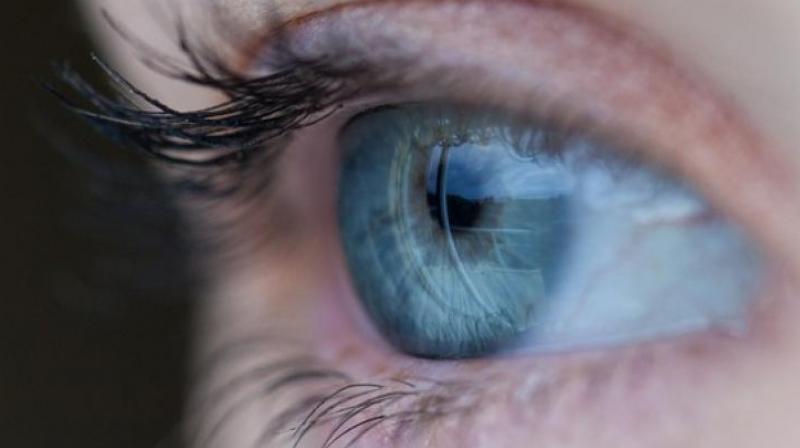Keep an eye on retinal diseases, warn doctors
City doctors lament that most patients who approach them with retinal disorders are already in the advanced stages of the disease.

Bengaluru: There has been a steep rise in cases of retinal diseases and doctors warn that if not treated early, the patient risk losing vision.
City doctors lament that most patients who approach them with retinal disorders are already in the advanced stages of the disease.
Retinal diseases such as age-related macular degeneration (AMD) and diabetic macular edema (DME) are increasing at a rapid pace in the country.
Dr Sribhargava Natesh, Director and Vitreoretinal Consultant at Nethra Eye Hospital said, "Nearly 50-60% of patients with retinal disorder symptoms are already in an advanced stage of the disease. Timely diagnosis can help patients treat the disease early and improve quality of life. This can happen only when the patient or caregiver understands the symptoms and seeks expert advice on time."
The symptoms of retinal diseases may vary depending on the type of retinal disorder. However, most of the symptoms overlap each other.
Some of the common treads are distorted vision or blurriness, experiencing dark spots in vision, colour sensitivity, crookedness and difficulty in seeing objects at a distance. Retina is a part of eye which forms the final vision, if it is damaged then the vision gets automatically affected.
According to reports, the population of blind people in India is estimated to rise to 15 million by 2020. While the retinal diseases account to significant share of vision loss, DME constitutes 4.8% of blindness and AMD 8.7% out. It is more prevalent in south India.
Dr Rekha S., Senior Vitreo Retinal Surgeon at Dr. Agarwal's Eye Hospital, said, "The factors that can lead to AMD are smoking, race (more common among Caucasians), family history, genetics, lifestyle, eating habits, obesity, cardiovascular disease and hypertension. Whereas, DME is caused due to untreated diabetic retinopathy, poor glucose control, increased length of time living with diabetes."
She said the onset of these conditions cannot be completely prevented, but by avoiding smoking, regular exercise, maintaining normal blood pressure and cholesterol levels and eating a healthy diet rich in green, leafy vegetables as well as fish, the chances of an early onset of the condition can be reduced.
The experts have pointed out that the disease can be managed effectively if treated timely with quality care treatment.
B4

